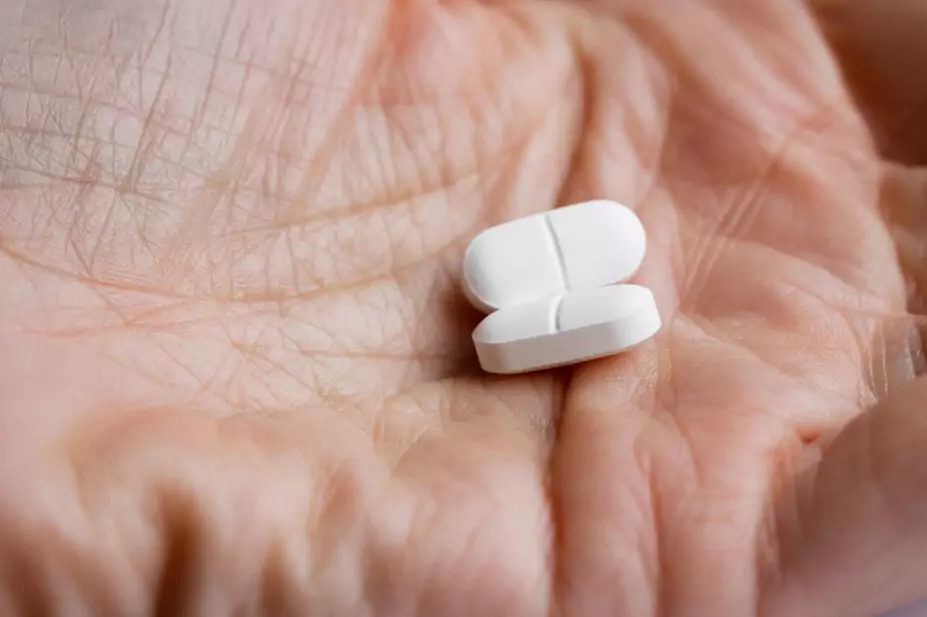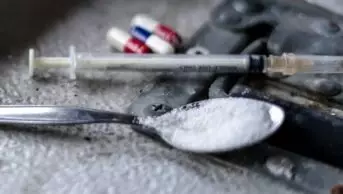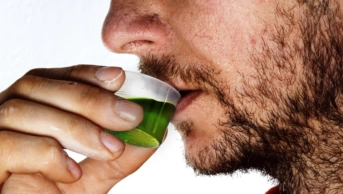
Charles Wollertz / Alamy Stock Photo
Research has shown that drug-related deaths in Scotland for people treated for opioid dependence have more than trebled in the past decade.
The study, published in The Lancet on 6 June 2023, revealed that drug-related deaths in people who had been treated with opioid-agonist therapy (OAT), such as methadone and buprenorphine, were 70% lower than those for people who are opioid dependent, but not taking OAT.
However, the researchers concluded that OAT on its own is insufficient to slow the increase in risk of drug-related deaths among people who are opioid dependent.
Scotland has one of the highest rates of drug-related deaths in the world. The authors of the study said that around 90% of these deaths have tended to involve opioids, ranging from heroin, morphine or methadone, used alongside other substances, including benzodiazepines, gabapentinoids, cocaine and alcohol.
OAT has been available free of charge at the point of care in Scotland since the 1980s and is mainly delivered in community settings. The researchers looked at Scottish prescribing data for individuals receiving at least one prescription for OAT between 2011 and 2020.
Using a cohort of 46,453 people prescribed OAT, with a total of 304,000 person-years of follow-up, the researchers found that drug-related death rates more than trebled from 6.36 per 1,000 person-years (95% CI 5.73–7.01) in 2011/2012 to 21.45 (20.31–22.63) in 2019/2020.
Drug-related death rates were almost 3.5 times higher (hazard ratio 3.37; 95% CI 1.74–6.53) for those off OAT compared with those on OAT, after adjustment for confounders. However, confounder-adjusted drug-related death risk increased over time for both people off and on OAT.
The authors of the study, which was jointly funded by the Scottish Government Drug Death Taskforce, Public Health Scotland and the National Institute for Health and Care Research, said: “We found that drug-related mortality rates in people treated for opioid dependence more than trebled in the past ten years and are among the highest ever recorded at 21.4 per 1,000 person-years in 2019/2020.
“We found a stronger protective effect of OAT overall than has been reported in global systematic reviews, with an average 70% reduction in drug-related deaths for people on OAT compared with mortality risk in the community (off OAT).
“However, unlike in many other countries, we found that drug-related mortality risk for people on OAT also increased over time roughly in parallel with rates of drug-related deaths in the community. We found that drug-related death rates increased over time across all age groups, supporting evidence that the increase in drug-related deaths is not mainly due to an ageing cohort.
“Our results and previous evidence confirms that OAT is protective for drug-related mortality and that efforts to engage people who are opioid dependent should be increased. However, increasing drug-related mortality rates among both those on and off OAT over time highlight the urgent requirement for introducing and evaluating other interventions alongside OAT to tackle the rapid rise in mortality risk among this vulnerable population to globally high levels.”
Commenting on the study, Roz Gittins, president of the College of Mental Health Pharmacy, said: “Increases in drug-related deaths, and the risk of death or other drug-related harms being greatest in those not receiving treatment is not new news. However, the more that can be done to raise awareness of this — such as this study — remains of significant importance.
“Making the required changes to help stop people from dying is multifaceted and includes the need for improvements in access to treatment services, better (long-term) funding arrangements, and raised awareness to help combat stigma to get people the help they need when they need it.”
You may also be interested in

There is a vulnerable group we must not leave behind in our response to COVID-19: people who are dependent on illicit drugs

Opioid use disorder: adherence to prescribed medicines in community pharmacy
